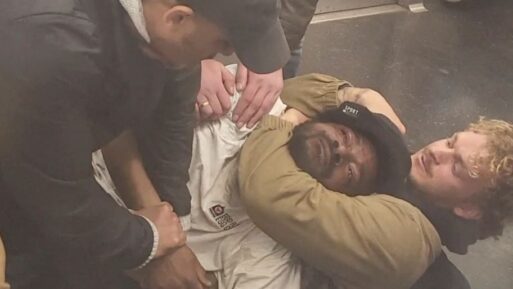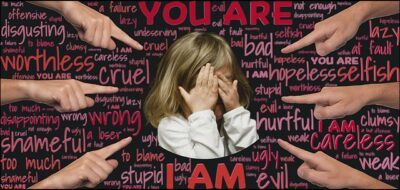
(5-9-23) Would Jordan Neely, a homeless, African American New Yorker with a history of mental illness, who was strangled to death in a subway car by a Marine Corps veteran, be alive today if New York had a so-called Care Court?
Care Courts are California’s latest attempt to reduce homeless, especially among those with mental illnesses, such as Neely. The destitute young street entertainer had been arrested more than 40 times, according to news reports, and was well-known to social workers. CNN reported that he was “on a list of homeless people identified as having dire needs.”
California officials describe Care Courts as “coercive compassion” an initiative that will involuntarily place people into treatment – if they meet certain criteria – rather than waiting for them to pose a danger to themselves or others.
Care Courts will allow a relative, mental health clinician, police officer and others to file a petition in the new civil court system to have the person, willing or not, enter the program. A clinician then will have two weeks to decide if the person, who is afforded legal counsel, qualifies for the program, which will accept those with mental health illnesses such as schizophrenia or other forms of psychosis. Care Court will also be an option if a person is involved in a criminal or civil court case and is determined to be unfit to stand trial.
The National Alliance on Mental Illness and others including: California’s Big City Mayors, California Professional Firefighters, the California Medical Association, and the California Hospital Association support creation of Care Courts.
Obviously, creating a Care Court has outraged disability and civil rights groups, including the state’s Protection and Advocacy organization, while it is being embraced by many parents and others who are frustrated by a neglectful system that allows their loved ones to resist treatment and “die with their rights on.”






